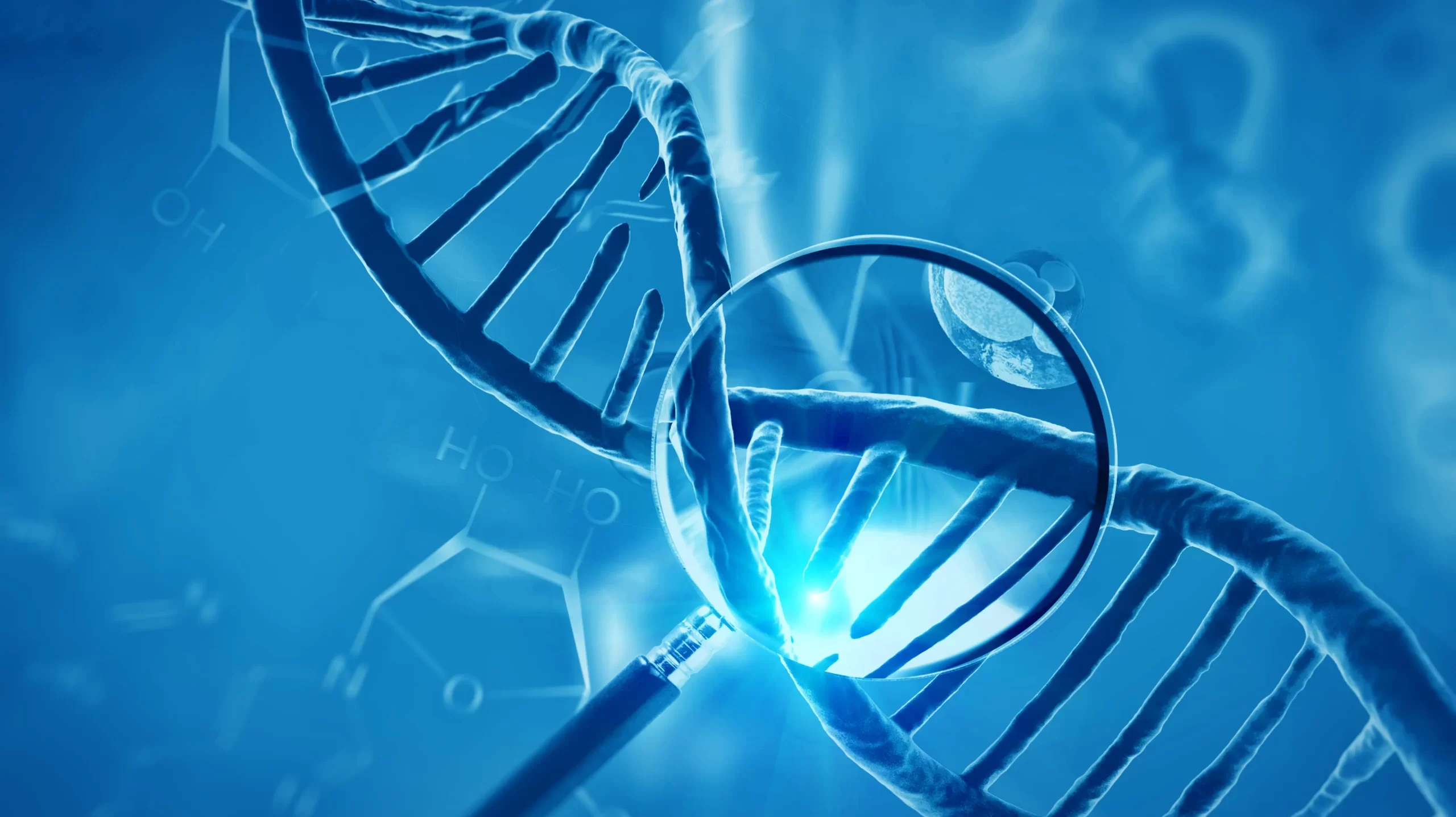As biometric data becomes an increasingly valuable asset, the Senate Judiciary Committee passed a bill to make “genetic theft” a crime.
Under House Bill 449, sponsored by Rep. Ben Robbins, R-Sylacauga, individuals who sell or transfer someone else’s DNA without their consent to a third party could be charged with a Class C felony, carrying a penalty of up to 10 years in prison.
Submitting a DNA sample for testing without the individual’s consent, obtaining someone’s genetic material for analysis, or sharing their genetic information with a third party would constitute a Class D felony, punishable by up to five years in prison and a fine of up to $7,500.
Additionally, accessing a person’s DNA for analysis or retrieving genetic data from a computer database without authorization would be classified as a Class A misdemeanor, carrying a maximum penalty of one year in jail and a fine of up to $6,000.
The legislation arrives when popular services like 23andMe and Ancestry.com have prompted widespread public participation in at-home DNA testing, raising alarms about privacy and future misuse of genetic data. Robbins referenced the recent bankruptcy of 23andMe and the uncertain fate of its users’ data and emphasized that other jurisdictions, notably Florida, have already taken steps to criminalize unauthorized access to genetic information.
The committee debated various hypotheticals, including both malicious and commercial exploitation of DNA, and raised concerns about insurance discrimination, envisioning a future where access to genetic information could be used as a tool to market product to consumers.
“If we know from your genetics, you might be predisposed to a condition or you have an underlying genetic marker for that condition. Well, now a marketer or a company could market products to you and take advantage of having that information. We’re talking about medical-grade data being private, and it shouldn’t be out on the market,” said Robbins.
Lawmakers questioned the need for this bill, as many aspects were easily misconstrued or repetitive, given federal restrictions already in place.
In response, Robbins noted that current federal protections, like HIPAA, only cover medical entities, and not private companies that handle genetic material.
“When I use my phone, for instance, and that tracks my sleeping patterns, or it tracks my heart rate, that’s medical-grade data, but it’s not protected by HIPAA because it’s owned by a private entity,” said Robbins. “What I’m trying to say with this bill is anything that is that genetic data, that genetic material, is now protected, in essence.”
Sen. Arthur Orr, R-Decatur, said he believed that it was important to have a law like this on the books preemptively.
“As the world changes, people up to no good will find ways to use information like our DNA… If we don’t put the parameters out there, that means this is the Wild West and everything goes,” said Orr.
The bill now goes to the Senate for consideration.




















































